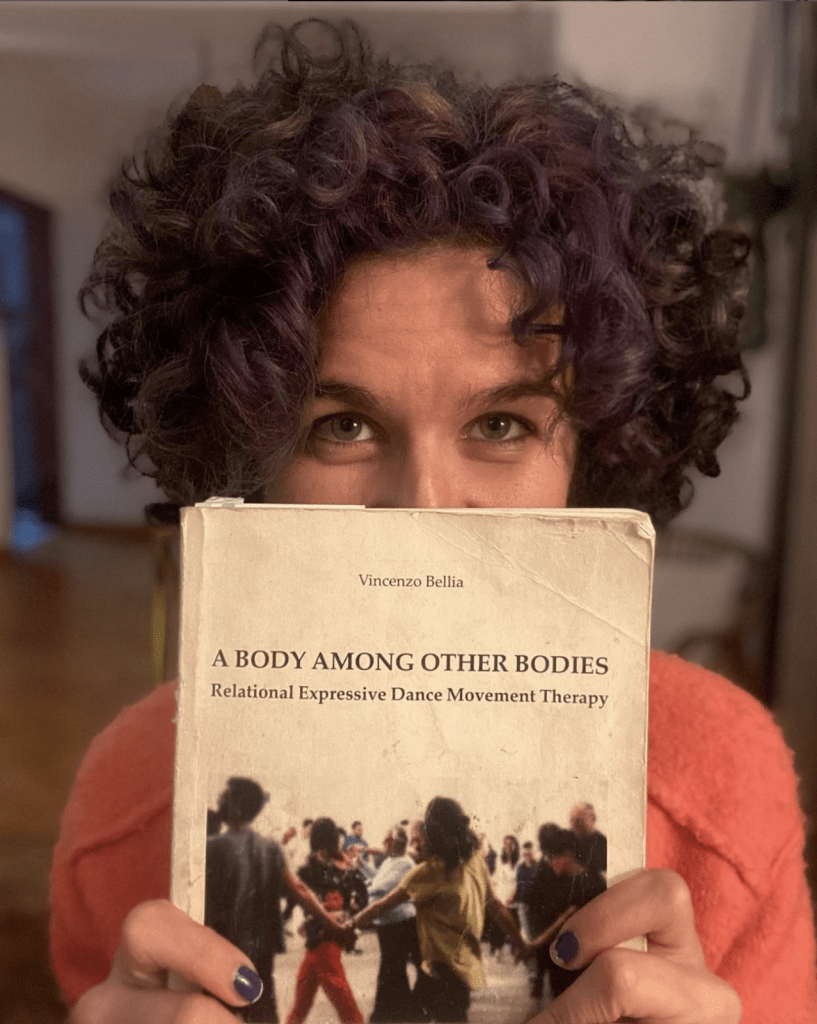By Hadeel El Deeb
Dance Movement Therapy (DMT) is an expressive therapeutic practice that allows the release of physical tightness, stress, and trauma as our bodies engage in free and structured movement patterns.
DMT falls under the umbrella of somatic movement, hence emphasizing the importance of the mind-body connection as the body senses its way through release.
So, if DMT is a therapeutic approach that tackles mental, emotional, and physical healing, why then are men in Egypt less likely to join the movement?
In a chat with Alia Tag, one of Egypt’s inspiring dance movement therapists, we discussed her observations about men’s reluctance to engage in such movement therapies.
The Stigma Surrounding Men Who Dance
Tag’s curiosity about men’s discouragement in joining her DMT workshops sparked a conversation that highlighted how societal norms are a great factor hindering the male gender from dancing.
She received feedback from the male community about how they see DMT as a strictly feminine activity, and for some, it sounded like it could be an intimidating setup where the men would be judged as “intruders” to the space.
Some men expressed how work stress and financial burdens don’t give them the luxury to consider therapy through dance movement, believing that it offers them no skills to learn or use in their daily lives.
Others are not comfortable with how vulnerable they might feel during the workshops, which could stem from our society’s stigma linking men’s emotional expressions to weakness.
Debunking the Myth of Dance Therapy Being Only for Women
When we dance, we tap into our bodies’ instinctive intelligence and foster emotional resilience. Tag sees great potential in a growing community of DMT in Egypt; however, men’s feedback made her realize the need to explain what dance therapy really is.
Tag explains that movement is essential for everybody and has nothing to do with gender; all bodies need to move between emotional polarities to find balance.
“It is contagious. The healing happens from the journey we weave in together as a group and the integration that happens after every workshop.”
Tag’s DMT workshops are held in a group setup that builds a sense of community, which she states is a vital need all humans have. The four-hour weekly sessions include minimal talk and a mix of structured and free movements.
Consistency and Commitment to the Journey is Key
DMT has been and continues to be a transformational healing journey for Tag, she highlights; however, that only through consistent commitment do we really start feeling the benefits unfold.
Tag has been practicing since 2018 and has been working with kids, orphaned teenagers, women, and men. Her workshops run as part of a full program that includes in-person movement sessions, online check-ins, and ongoing self-reflection as day-to-day homework.



